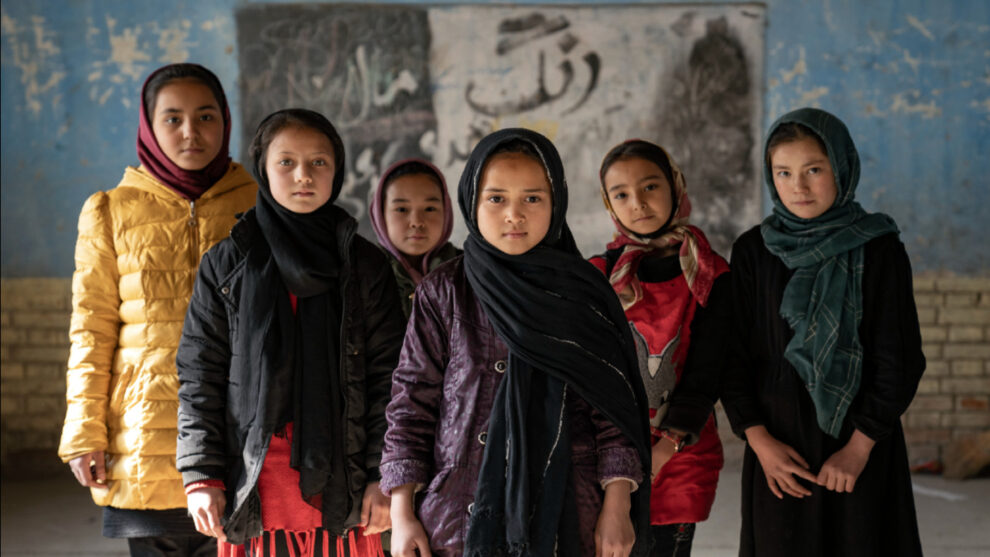Top United Nations officials visiting Afghanistan have held talks with the Taliban-led administration to discuss women’s education and work, weeks after authorities banned most women from working at NGOs and female students from attending universities.
The UN delegation that arrived on Monday included Deputy Secretary-General Amina Mohammed – the highest-ranking woman at the UN – and Sima Bahous, executive secretary of UN Women, according to spokesman Farhan Haq. Also attending was Khaled Khiari, a senior official of the UN Department of Political and Peacebuilding Affairs.
Last week, UN Secretary-General Antonio Guterres denounced the “unprecedented, systemic attacks on women’s and girls’ rights”, which he said “are creating gender-based apartheid”.
On Tuesday, Mohammed met Mawlawi Amir Khan Muttaqi, Afghanistan’s acting foreign minister.
“FM Muttaqi expressed hope that the delegation would portray Afghanistan’s true picture to the international community,” ministry spokesman Abdul Qahar Balkhi said in a tweet.
“FM Muttaqi added that women are engaged in educational & health sectors in significant numbers whereas those who used to work in government offices are paid salaries at home,” he continued.
Mohammed and other UN officials also met former Afghan President Hamid Karzai. Photographs of the meeting were posted on Karzai’s official Twitter page.
The visit came as the Taliban-led authorities face increasing criticism for tightening restrictions on women’s freedoms.
Since seizing power in August 2021, the Taliban has imposed severe constraints on women, keeping them out of government jobs, banning them from secondary schoolsand universities, and even prohibiting them from visiting parks.
Last month, authorities ordered all local and foreign aid groups to stop letting female staff work until further notice, leading several organisations to suspend their activities. At least three of them partially resumed work after receiving assurances from the Taliban authorities that women could continue to work in the health sector.
The UN had decided to continue its operations.
The UN chief told Al Jazeera that he feels very deeply about what is happening to women and girls in Afghanistan.
“My belief is that only the Muslim world can convince the Taliban that these need to change,” Guterres told Al Jazeera on Wednesday at the World Economic Forum in Davos, Switzerland.
He said that to approach the Taliban with a Western perspective would be totally useless at the present moment.
That’s why Amina Mohammed contacted the Organisation of Islamic Cooperation (OIC), which issued a statement clearly saying that what is happening in Afghanistan is against the holy Quran and Islam, he said.
“And she visited a number of Islamic countries … with the objective to mobilise support in the Islamic world to make clear to the Taliban that they need to reverse the present trend on women,” Guterres said.
Earlier in December, the Taliban banned women from attending universities. Girls were stopped from attending high school in March.
On January 13, the UN Security Council met privately – at the request of the United Arab Emirates and Japan – to discuss the Taliban’s recent moves.
The United States has pushed the 15-member council to adopt a resolution calling on the Taliban to reverse the bans on women, according to diplomats.
Before arriving in Afghanistan, the delegation held talks in several countries in the region, the Gulf, Asia and Europe to discuss women’s and girls’ rights and sustainable development.
“Clear consensus was evident on the issue of women and girls’ rights to work and have access to education,” said a statement from the UN, referring to meetings in the lead-up to the Kabul visit.
Source: Aljazeera









